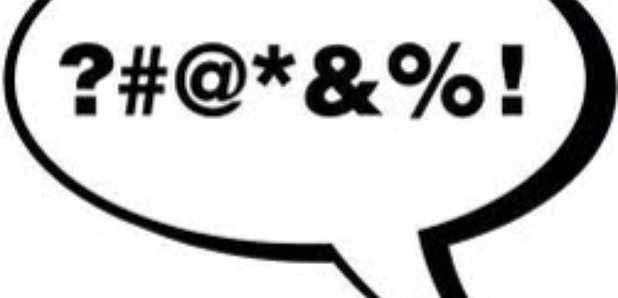
Shelagh Fogarty 1pm - 4pm
21 July 2018, 20:57 | Updated: 21 July 2018, 21:06

As part of Theresa May's strategy to win hearts and minds in Europe, she has had her people translate her finely moulded Chequers White Paper called ‘Things the Cabinet Pretended to Agree on to Make Sure They Got a Car Home’.
Unfortunately, as you would expect if you have been following her travails, things did not go as smoothly as they might.
Firstly, the document was translated in its entirety from English into only one other language.
You might assume that would be French, which is historically the international lexicon of diplomacy, and you would be wrong.
German perhaps? Nope - Welsh.
The paper that is our offer to our European Union friends was provided in full in a language that is not recognised by the EU.
Instead, Welsh was chosen because...well, it makes as much sense as anything else that's been happening lately.
If we were to pick just one language, it might have been appropriate to produce it in Irish. The border question is a major sticking point after all, and it would have been a conciliatory gesture for having put them through so much stress.
When Donald Tusk, the President of the European Council, travelled to Dublin he made a point of addressing reporters in Irish, which they liked very much.
Shows respect, you see.
Our British exit offering was eventually produced in Irish as though it was an afterthought, in much the same way as our officials considered the Brexit consequences of the Irish border itself.
You can rest assured that the executive summary of the 100 page document was, of course, sent out in all of the twenty-two languages of the European Union.
They were translated badly, with the competence and accuracy that have become the hallmarks of this government, and released to expectant diplomats who received them with bemusement.
This is normal for Britons. When abroad, we do not bother ourselves with the minutia of our host's speech.
Instead, we address Johnny Foreigner in our own tongue and do so VERY LOUDLY, to aid comprehension.
If we don't make an effort when communicating face to face, why on earth should we do so on paper?
We leave that to the Europeans, who really do try hard at this sort of thing, which seems a bit like cheating to us.
Our diplomats' error-strewn translations of the executive summary into the European vocabularies did not go down well, thus somewhat ruining the gesture.
Among a vast kaleidoscope of errors, the German version invented verbs that they had failed to come up with themselves, despite centuries of Teutonic effort.
The Dutch version was described in a leading newspaper as reading like something put through the “cheapest available” translation software.
The Estonian and Finnish versions misspelt “Estonia” and “Finland”, if you can believe that, and the French version translated the phrase “principled Brexit” into a French phrase that means Brexit is a moral good.
Take that Frenchie!
Would you blame them if their collective response was a finely wrought paragraph of epithets and accurately written Anglo-Saxon expletives?